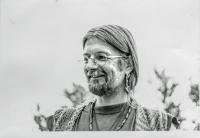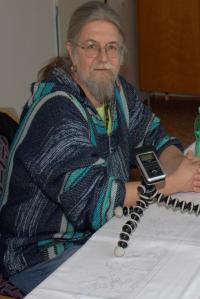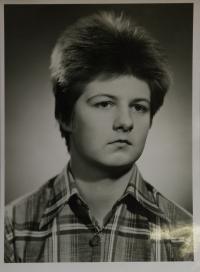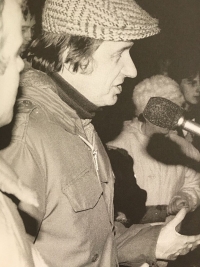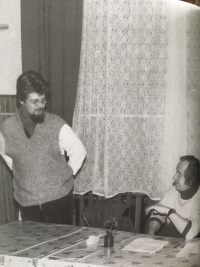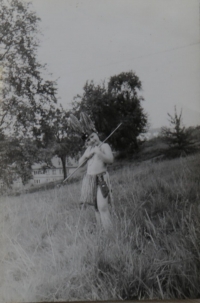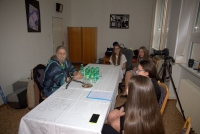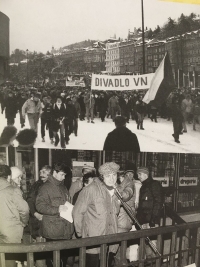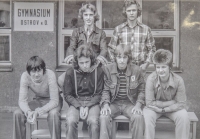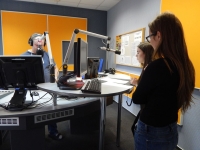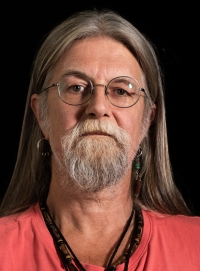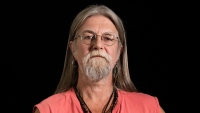Just to be clear, I do not consider myself a dissident
Lev Havlíček was born in 1960 in Karlovy Vary, where he has also been living almost all his life with only a short break. During his studies at the gymnasium music was his big hobby, through which he gradually started to get interested in contemporary activities in the Czechoslovakia. At the high school in Pilsen he used to meet a lot of people, who gave him various texts to read and when he came back to Karlovy Vary, he got engaged in organisation of protest events and demonstrations. In November 1989 he was at the tree planting brigade in Horní Blatná, where he learnt there was something going on in Prague. After returning home he started organising a demonstration with his mates immediately; first there were only around twenty people, but gradually people were joining in and events speeded up. Following the revolution he worked at the ministry of justice for seven months and then he moved to the field of culture.

